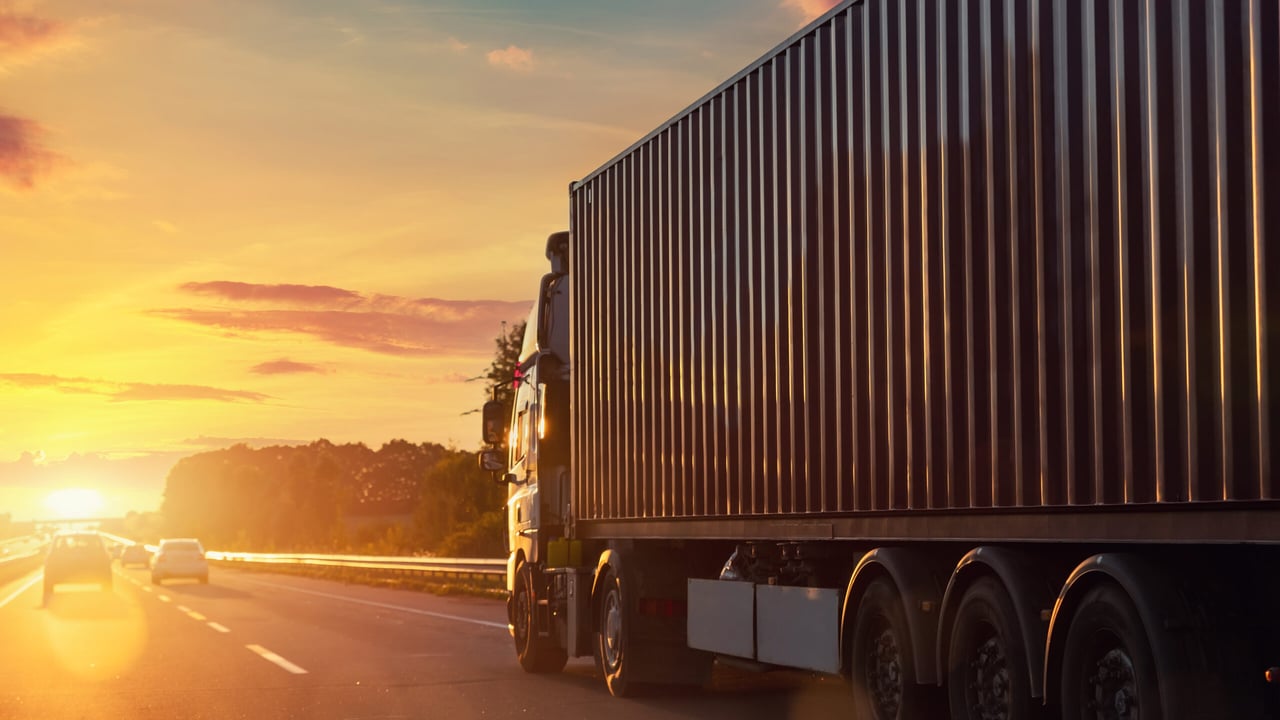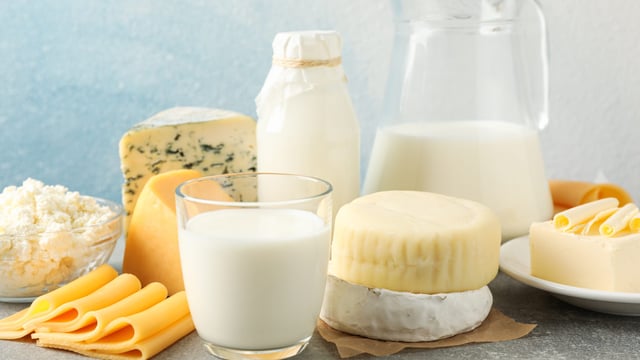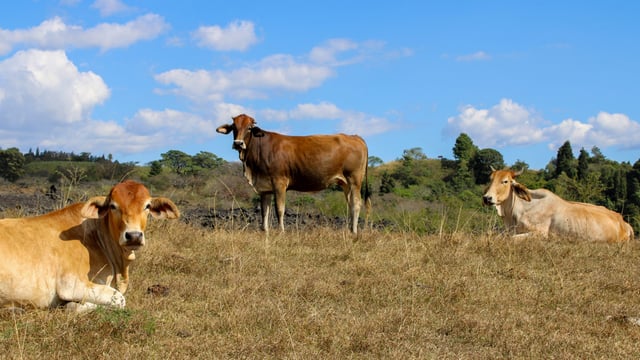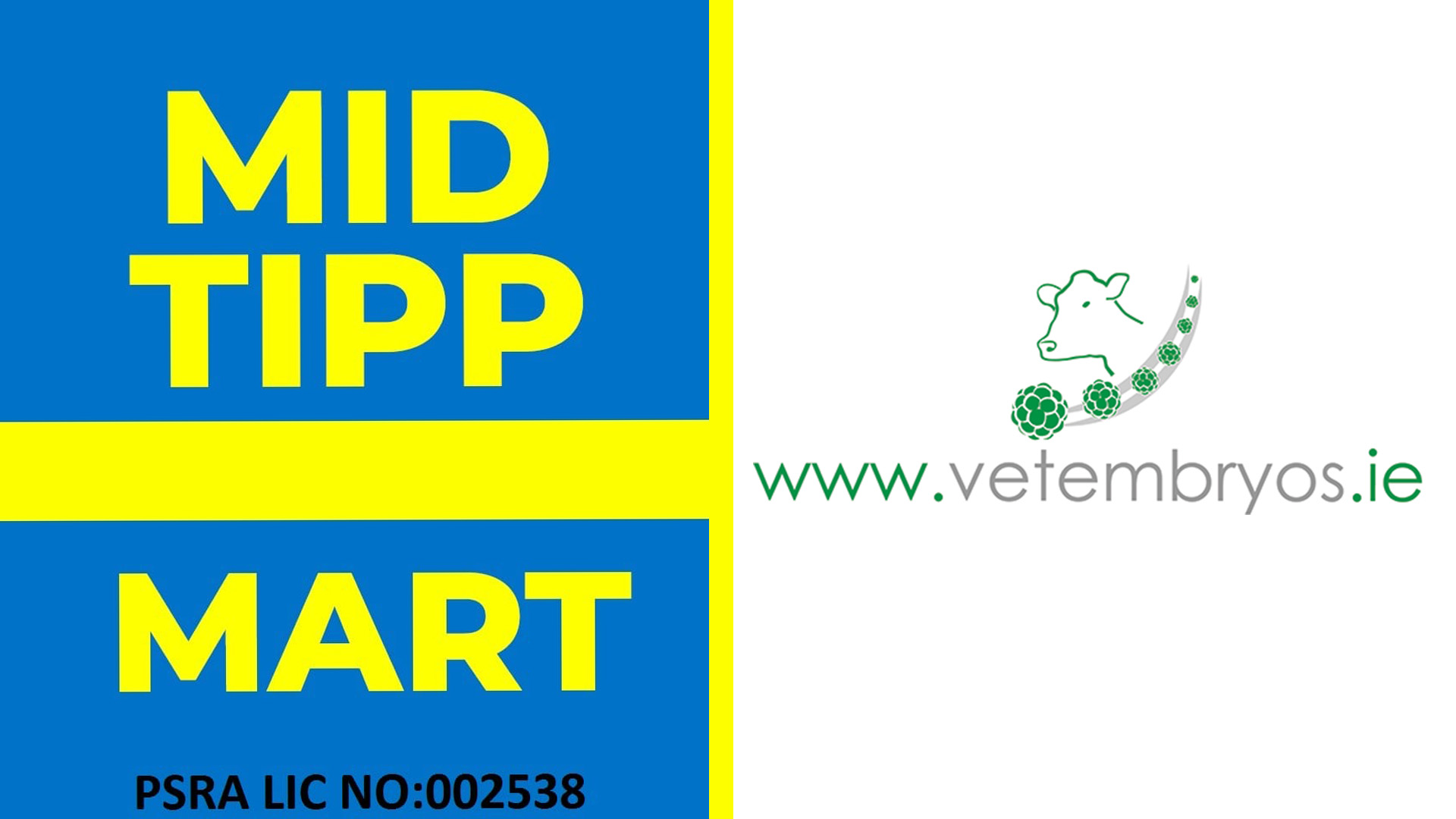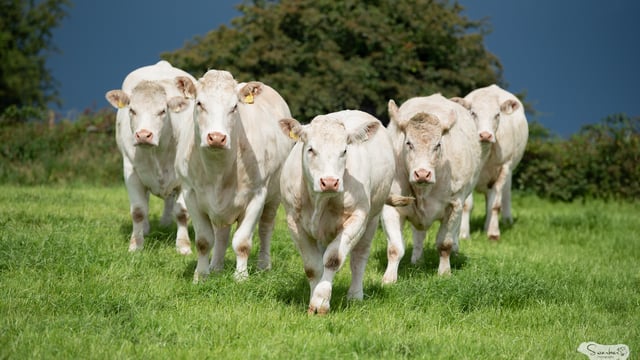IRHA: Government ignored climate emissions proposals
The Irish Road Hauliers Association's (IRHA) president, Ger Hyland, has said that the government ignored proposals to reduce transport emissions.
Hyland said it is ironic that Ireland is on schedule to overshoot its 2030 greenhouse gas emissions target for transport, buildings, small industry, waste, and agriculture by approximately 57%.
According to the IRHA president, the government was presented with five key actions that would decarbonise the transport industry significantly in 2021. He believes that implementing these actions would help to achieve Ireland's ambitious target of halving greenhouse gas emissions by 2030.
Hyland claims that the government ignored those actions.
“In July 2021, we were asked to feed into a ten-year transport strategy for Ireland initiated by Ministers Hildegarde Naughton and Eamon Ryan. The transport sector has always acknowledged that we contribute approximately 20% to Ireland’s annual carbon emissions," Hyland said.
"We then presented government with five key actions, low-hanging fruit, which were quickly deliverable, low cost and could lead to an immediate reduction in emissions from our transport sector. All were ignored," he added.
"Now Ireland is facing into €26 billion in fines because different agencies of the state are not implementing simple key measures that can drastically reduce carbon emissions.”
According to Hyland, the haulage industry is acutely aware of its responsibilities to reduce CO2 emissions and has made solid proposals over many years within several different administrations which, to date, have been ignored.
The IRHA president has called for an immediate meeting with government leaders to work to progress these climate measures as a means of hitting the ambitious climate targets whilst mitigating against crippling climate fines in the future.
The IRHA's first proposal was to put express heavy goods vehicle (HGV) lanes at toll bridges.
According to the association, of the 12 toll stations in Ireland, 11 have barriers for HGV’s. Every time a HGV stops and starts at these barriers, they burn up to 2L of diesel.
The second proposal, was for the government to incentivise the removal of older HGVs, by increasing costs on older HGVs, while decreasing them on newer models.
"Hauliers have to pay the same road tax, permit costs, and tolls whether their HGV is from 1989 or 2025, [the proposal] would follow the polluter pays model and penalise older HGVs incentivising the purchase of the modern lower emission vehicles," the IRHA said.
The third proposal was to support the use of hydrotreated vegetable oil (HVO), which modern Euro 6 HGVs are capable of using.
The IRHA claimed that using HVO biofuel could offer up to a 90% CO2 reduction. Excise taxes for HVO are the same for diesel, making HVO a more expensive option, disincentivising hauliers to make the switch to a cleaner, less polluting fuel.
The fourth proposal was to reinstate a 42t weight restriction.
In 2016, the government introduced new restrictions on the weights of HGVs to comply with EU regulations. The weight restriction was reduced from 42t to a new limit of 40t.
The French government also lowered the weight limit to 40t but following a review by the French authorities on the impact this limit was having on their agricultural sector, they revised the limit upwards to 44t.
Ireland’s restrictive weight limit of 40t on certain HGVs means more costs for hauliers, more journeys on roads, and more CO2 emissions.
The IRHA estimates that for Ireland’s milk collections alone, the new weight limits will lead to an additional 6 million kilometres to be covered by the same vehicles. compared to before limits came into force.
Finally, the IRHA want all HGV drivers to undertake annual training sessions to ensure they are up to date on their driving skills. The association proposed that eco driving be part of this programme.
The IRHA has developed an eco driving training programme with QQA Accreditation level 2. This would teach drivers how to save fuel and implement a range of other driving techniques that cut down on carbon emissions.

